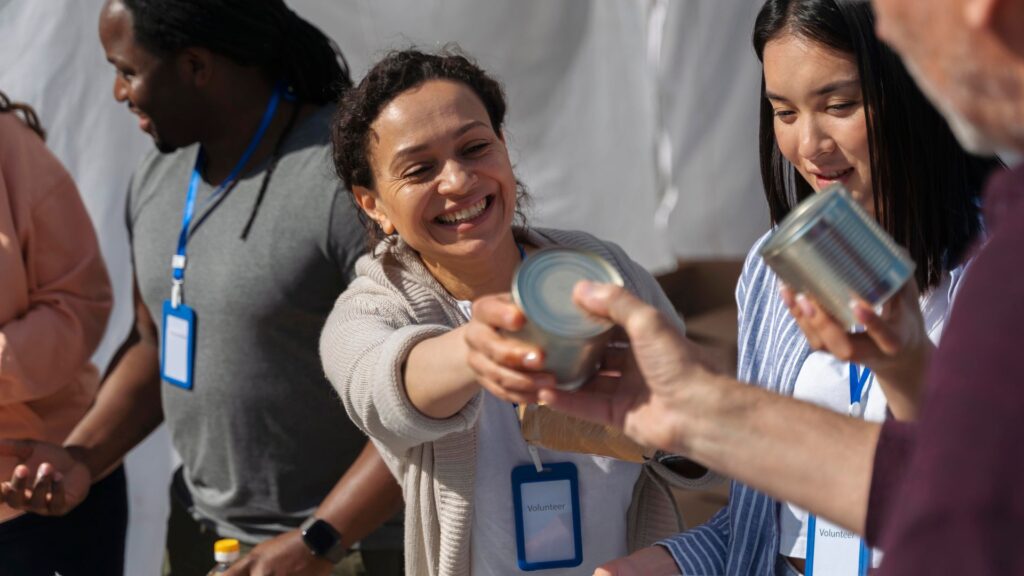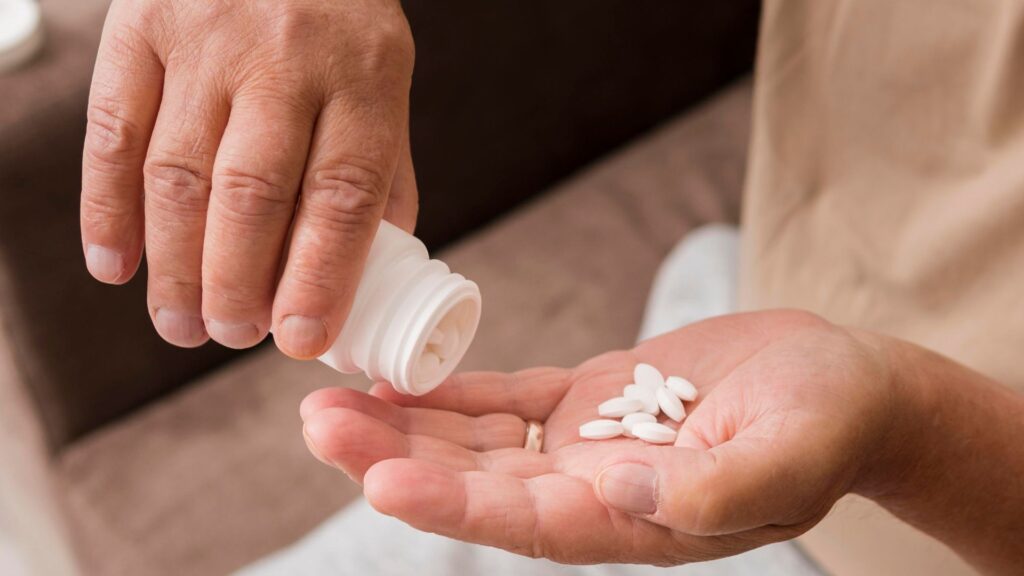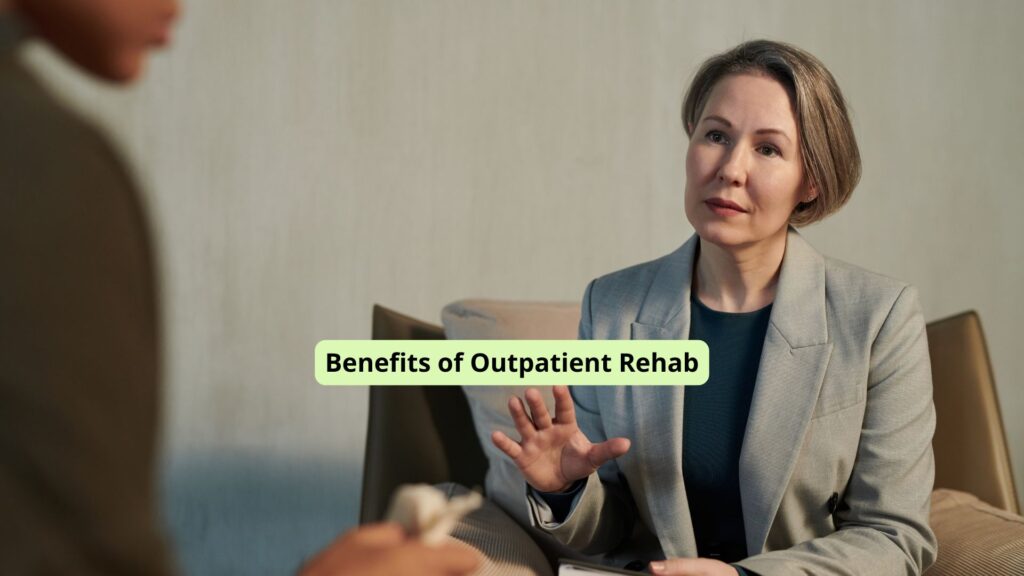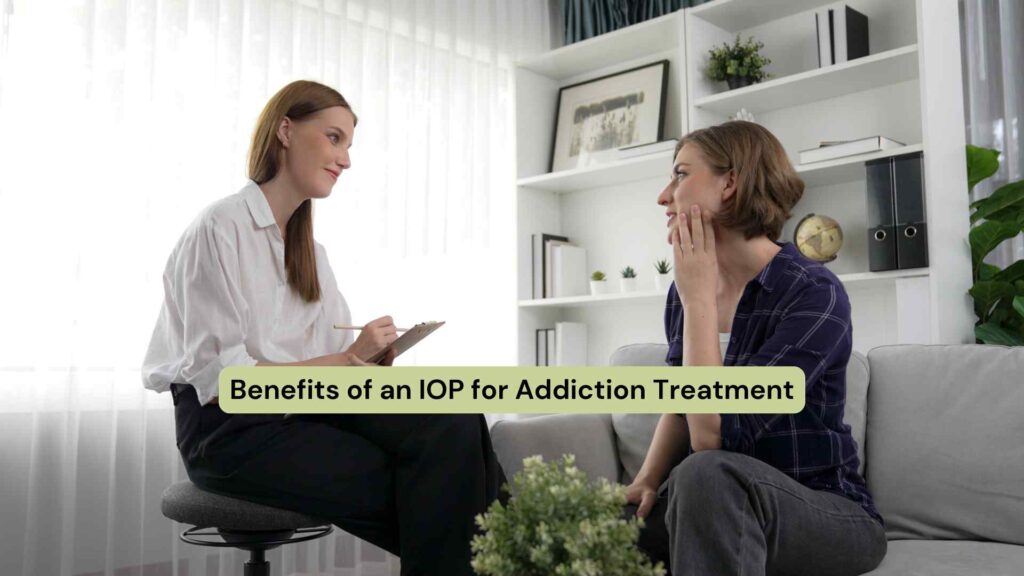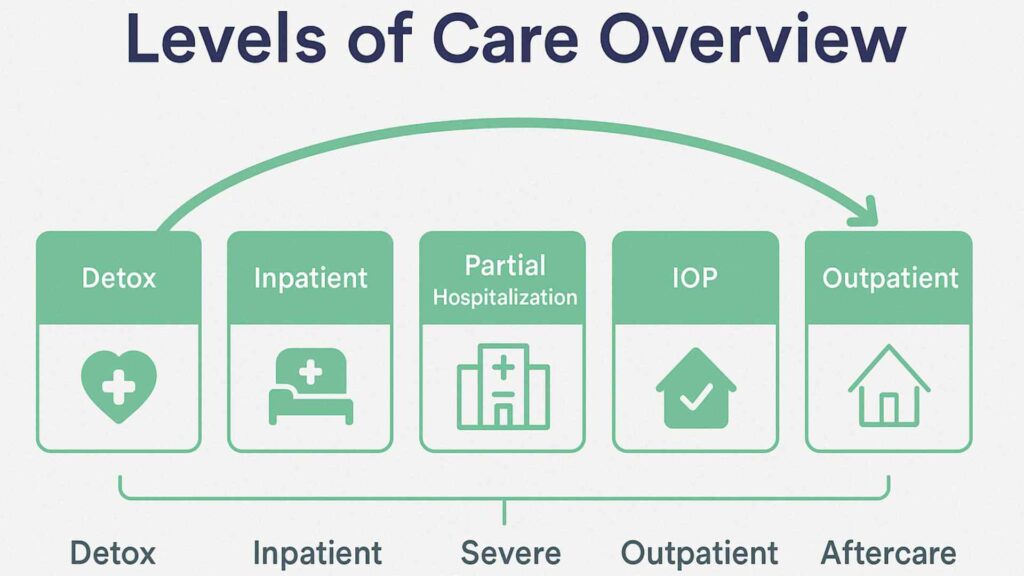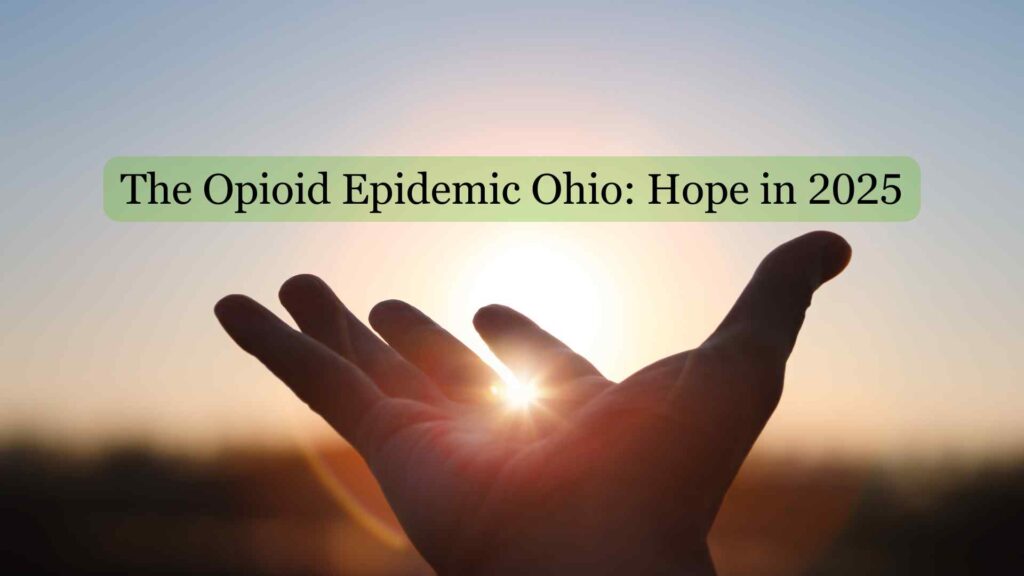Completing an Intensive Outpatient Program (IOP) for addiction is a significant milestone in the journey toward recovery, but it marks the beginning of a new phase rather than the end. The transition from the structured environment of an IOP to everyday life requires careful planning, ongoing support, and sustained commitment.
This article explores what happens after an IOP and how to keep yourself on track towards recovery.
The Transition: Life After Intensive Outpatient Program
Life after completing your IOP can bring a mix of relief, pride, and apprehension. While the program provides structured support through therapy and counseling, once it ends, you face the challenge of applying what you have learned in real-world settings without constant supervision. This transition often involves rebuilding relationships, establishing healthy routines, managing triggers and cravings, and returning to work or school responsibilities.
Maintaining sobriety takes proactive effort. The shift from a highly structured treatment environment to greater independence can be daunting. You may feel vulnerable to relapse because the immediate support system is less intense.
To stay grounded, you will need a solid aftercare plan and ongoing support beyond the walls of your IOP.
Our Intensive Outpatient Program in Toledo provides a flexible yet structured approach to addiction and mental health treatment, designed to support you as you heal and grow while maintaining your daily responsibilities. Unlike inpatient care, our program allows you to live at home and attend multiple therapy sessions each week, depending on your unique needs and schedule.
Enrolling in an Outpatient Program
Transitioning to a standard outpatient program after IOP allows individuals to experience a gradual reduction in treatment intensity while maintaining professional guidance and community support—all essential elements for sustaining sobriety.
Outpatient care provides a step-down level of support that includes ongoing therapy, structure, and accountability, enabling people to return to their daily lives and responsibilities.
This transition is particularly crucial because the risk of relapse increases significantly when treatment intensity decreases, even after completing an intensive IOP program. Outpatient programs typically offer regular individual and group therapy sessions, relapse prevention education, and continued access to support networks. These resources help reinforce coping skills and address ongoing challenges, including co-occurring mental health disorders.
Developing a Personalized Aftercare Plan
Aftercare planning involves creating a long-term strategy that addresses your unique needs, including identifying triggers, developing coping mechanisms, and building a strong support network.
This plan typically includes ongoing therapy or counseling, participation in support groups, lifestyle changes such as improved nutrition and exercise, and strategies for managing stress and emotional challenges. The goal is to equip you with tools to handle life’s ups and downs without resorting to substance use.
Developing this plan often occurs in collaboration with your therapists or counselors before leaving the IOP, ensuring a smooth transition and continuity of care.
Scheduling and Attending Follow-Up Sessions
Before finishing your IOP, work with your discharge team to arrange follow-up appointments that align with your insurance and location. This early planning ensures continuity of care as you transition out of the structured support of IOP.
Follow-up sessions are a critical component of aftercare. These sessions provide continued therapeutic support, help you monitor progress, and address any emerging challenges. These sessions often include individual counseling, group therapy, or family therapy, depending on your needs.
Regular check-ins foster accountability and create a safe space for discussing struggles, reinforcing coping strategies, and adjusting the aftercare plan as needed. The frequency of these sessions varies but typically ranges from weekly to monthly, depending on the stage of recovery and stability.
Maintaining these appointments helps you prevent feelings of isolation and supports ongoing motivation to stay sober.

Engaging in Aftercare Programs
Aftercare programs extend the support received during the IOP and help maintain accountability. Standard aftercare options include 12-step programs like Alcoholics Anonymous (AA) and Narcotics Anonymous (NA), SMART Recovery, and other community-based support groups tailored to specific populations.
These programs provide a sense of community, shared experiences, and encouragement, which are vital for long-term recovery. They also offer resources and tools to manage cravings and avoid relapse. Participation in aftercare programs can be lifelong, serving as a continual pillar of support.
Sober living is a vital component of the aftercare programs, supporting you as you transition from intensive treatment to independent life. It is designed to provide ongoing structure, accountability, and community—key ingredients for lasting recovery. It provides a stable, drug-free environment where you can develop essential life skills such as managing finances, maintaining employment, and building healthy relationships.
Long-Term Strategies for Sustained Recovery
Sustained recovery requires more than abstinence. It involves lifestyle and mindset changes, which include:
- Establishing healthy daily routines that incorporate exercise, balanced nutrition, and mindfulness practices such as meditation or yoga.
- Continuing therapy to address underlying mental health issues or trauma that may contribute to substance use.
- Building and maintaining a supportive social network that encourages sobriety and helps set boundaries against negative influences.
- Regularly assessing emotional and mental health to recognize early warning signs of relapse and respond proactively.
Preventing Relapse
Relapse prevention involves recognizing your triggers—such as stress, specific environments, or social pressures—and having a plan to cope with them effectively.
Coping strategies learned during the IOP, such as cognitive-behavioral techniques, mindfulness, and stress management, should be continuously practiced and refined to maintain effectiveness. Establishing boundaries, avoiding high-risk situations, and seeking professional support when needed are also crucial.
Relapse prevention plans are dynamic and should be revisited regularly to adapt to changing circumstances.
Celebrating Progress and Milestones
Take time to acknowledge your achievements in recovery by journaling about your journey, reflecting on lessons learned, and noting the strategies that helped you overcome challenges. Celebrating with supportive communities, such as aftercare programs or peer support groups, gives you a sense of belonging and accountability.
Each success, no matter how small, builds your self-esteem and strengthens your commitment to sobriety. Recognizing your milestones is more than a reward—it reinforces your dedication and lays the groundwork for long-term recovery.
Final Thoughts from Abundance Treatment
Sustaining recovery requires daily effort and commitment, as it is an ongoing process that extends well beyond formal treatment, involving continuous self-care, support, and active engagement in aftercare programs to maintain long-term sobriety and well-being.
At Abundance Treatment, our Intensive Outpatient Program is designed to provide the structure, support, and expert guidance you need, all while allowing you to stay connected to your family, work, and daily responsibilities. With personalized care plans, dual diagnosis support, and a compassionate team, our program helps both adults and adolescents overcome substance use and their mental health challenges in a safe, welcoming environment.


